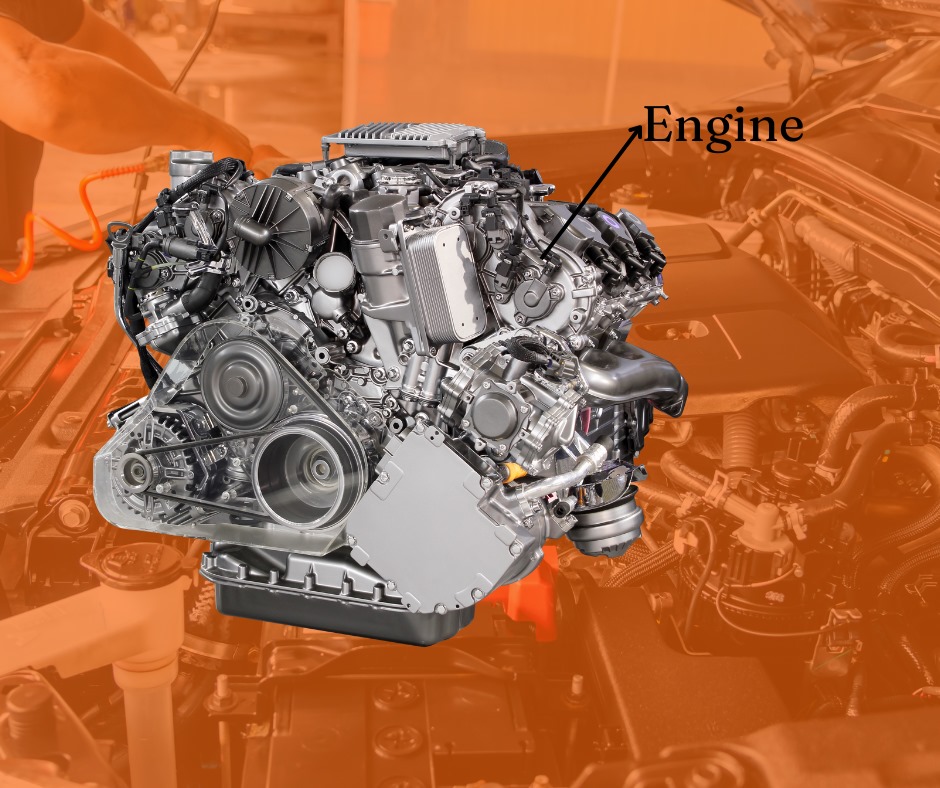Indications of a Failing Car Engine: Time for Replacement

Discover the warning signs that your car's engine is nearing the end of its lifespan and learn when it's time to consider a replacement to ensure your vehicle's optimal performance.
Recognizing the Symptoms of Engine Distress
Recognizing the early symptoms of engine distress can save you from unexpected breakdowns and costly repairs. Common signs include frequent stalling, trouble starting the engine, knocking or tapping sounds, and poor fuel economy. If your vehicle is exhibiting any of these symptoms, it might be time to get your engine checked by a professional.
Ignoring these warning signs can lead to more severe issues. Regular maintenance and prompt attention to unusual behaviors can extend the life of your engine, but there comes a time when replacement might be the most cost-effective solution.
Unusual Noises: What They Mean for Your Engine
Unusual noises such as knocking, tapping, or grinding can indicate serious problems within your engine. Knocking sounds often point to worn-out engine bearings, while tapping noises could be a sign of issues with the valve train. Grinding noises might indicate problems with the timing chain or other critical components.
Paying attention to these sounds and seeking professional advice early on can prevent further damage and costly repairs. If these noises persist even after repairs, it may be time to consider replacing the engine entirely.
Performance Issues: Decreased Power and Efficiency
A noticeable drop in power and efficiency is a clear indicator that your engine is struggling. If your car is not accelerating as it used to, or if you find yourself filling up the gas tank more frequently, these could be signs of internal engine wear or damage.
Performance issues can stem from various factors, including worn-out piston rings, faulty fuel injectors, or issues with the ignition system. Addressing these problems promptly can sometimes restore performance, but persistent issues may signal that an engine replacement is necessary.
Excessive Smoke and Emission Problems
Excessive smoke from your exhaust can be a major red flag. Blue smoke indicates oil burning within the engine, which can be caused by worn piston rings or valve seals. Black smoke suggests an overly rich fuel mixture, often due to malfunctioning fuel injectors or sensors. White smoke, on the other hand, might indicate coolant leaking into the combustion chamber, a potential sign of a blown head gasket.
Emission problems not only affect your car’s performance but also its compliance with environmental regulations. If your vehicle fails an emissions test or if you notice persistent smoke, it’s crucial to diagnose and address the root cause. In severe cases, replacing the engine might be the best course of action.
Making the Decision: Repair or Replace Your Engine?
Deciding whether to repair or replace your engine can be challenging. Factors to consider include the extent of the damage, the cost of repairs, and the overall condition and value of your vehicle. If the cost of repairs is close to or exceeds the value of your car, replacement might be a more economical option.
Consulting with a trusted mechanic can provide valuable insights into the best course of action. In some cases, a rebuilt or remanufactured engine can offer a cost-effective alternative to buying a new car, ensuring your vehicle remains reliable and efficient for years to come.

 Loading..
Loading..